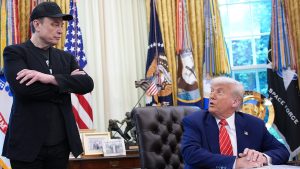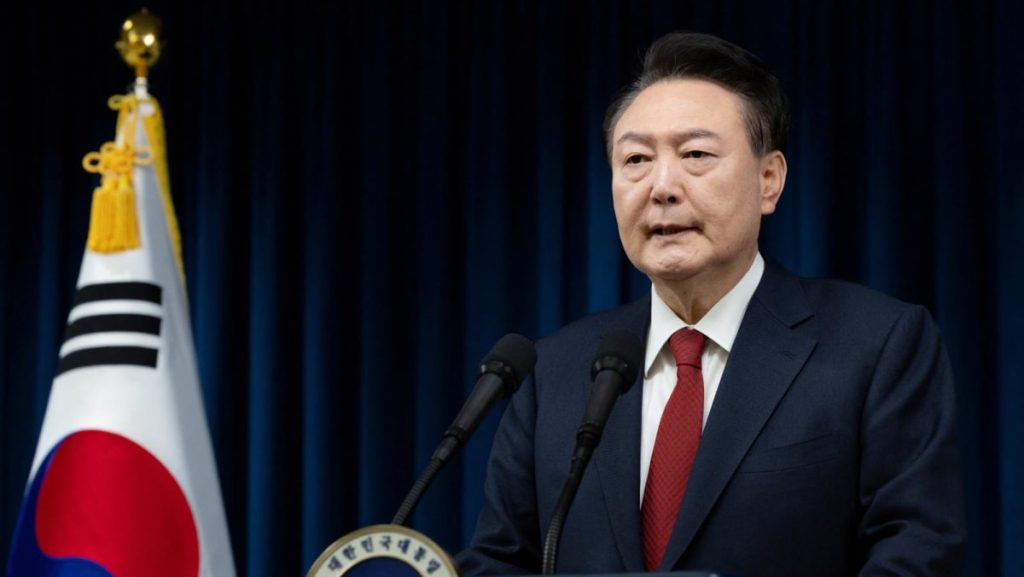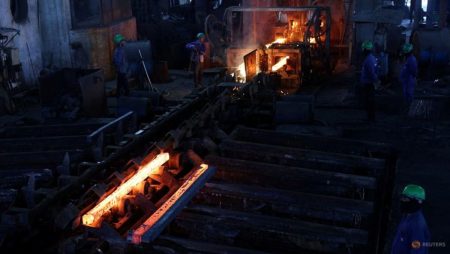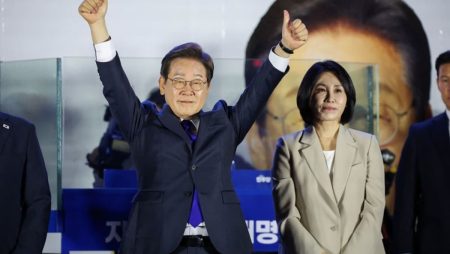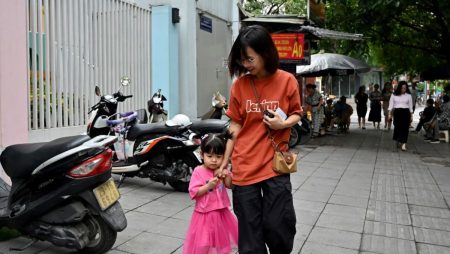The political landscape of South Korea is currently embroiled in a high-stakes drama surrounding the potential impeachment of President Yoon Suk Yeol. The controversy stems from his brief but impactful decision to impose martial law, a move unprecedented in the country since 1980. This action, taken in response to escalating protests and civil unrest, quickly became a lightning rod for criticism and ignited a firestorm of opposition, culminating in a parliamentary vote against the decree and a looming impeachment vote. Yoon’s public apology, delivered in a televised address, marks a significant turning point in this unfolding crisis. While acknowledging the gravity of his actions, he maintains that the decision, though ultimately rescinded, was driven by a sense of desperation in the face of escalating national challenges.
The declaration of martial law, though short-lived, sent shockwaves throughout South Korea, evoking memories of a darker era in the nation’s history. The move was widely interpreted as an overreach of presidential power, a drastic measure disproportionate to the prevailing circumstances. Critics argue that it undermined democratic principles and set a dangerous precedent for future responses to civil dissent. The swift and decisive rejection of the martial law decree by the parliament, despite significant military and police presence aimed at preventing the vote, underscores the deep-seated concerns about Yoon’s leadership and the potential erosion of democratic norms. The parliament’s defiance signaled a clear rebuke of the president’s actions and set the stage for the impending impeachment vote, a dramatic escalation of the political conflict.
President Yoon’s televised apology represents an attempt to address the nation’s concerns and mitigate the fallout from his controversial decision. While accepting responsibility for his actions, Yoon framed the declaration of martial law as a last resort, a desperate measure taken to restore order and prevent further escalation of the unrest. He emphasized the gravity of the situation he faced, portraying it as a critical juncture requiring decisive action. However, his explanation has failed to quell the public outcry, with many viewing the apology as insufficient and a mere attempt at damage control in the face of imminent impeachment proceedings. The timing of the apology, just days before the crucial vote, raises questions about its sincerity and whether it is a genuine expression of remorse or a calculated political maneuver.
The political climate in South Korea remains highly charged, with large-scale anti-Yoon protests expected to continue in the lead-up to the impeachment vote. Public dissatisfaction with Yoon’s leadership has been brewing for some time, fueled by concerns over his handling of various domestic issues, including economic challenges and social policies. The martial law incident has further intensified these sentiments, galvanizing opposition groups and adding fuel to the calls for his removal from office. The anticipated large turnout at the protests underscores the widespread public disapproval of Yoon’s actions and the mounting pressure he faces. The protests serve as a visible manifestation of the deep divisions within South Korean society and the growing disillusionment with the current political leadership.
The impeachment vote represents a critical juncture in South Korean politics. Its outcome will have profound implications for the country’s future trajectory, both domestically and internationally. A successful impeachment would mark a historic moment, signifying a powerful assertion of democratic principles and a clear rejection of authoritarian tendencies. It would also trigger a period of political uncertainty and transition, with the potential for significant shifts in policy and direction. Conversely, if the impeachment effort fails, it could embolden Yoon and potentially lead to further consolidation of power, raising concerns about the erosion of democratic checks and balances. Regardless of the outcome, the impeachment process itself has already left an indelible mark on the South Korean political landscape, highlighting the fragility of democratic institutions and the importance of public vigilance in safeguarding them.
The unfolding political crisis in South Korea underscores the complex interplay of executive power, legislative oversight, and public opinion in a democratic system. The events surrounding the declaration of martial law serve as a stark reminder of the potential for even democratically elected leaders to overreach their authority and the critical role of independent institutions, such as the parliament and the judiciary, in maintaining the balance of power. The public protests, in turn, demonstrate the power of citizen engagement in holding leaders accountable and shaping the political discourse. The upcoming impeachment vote will serve as a crucial test of South Korea’s democratic resilience and its capacity to navigate complex political challenges while upholding the principles of constitutionalism and the rule of law. The international community will be closely watching the proceedings, as the outcome will have significant implications for regional stability and the future of democracy in East Asia.


